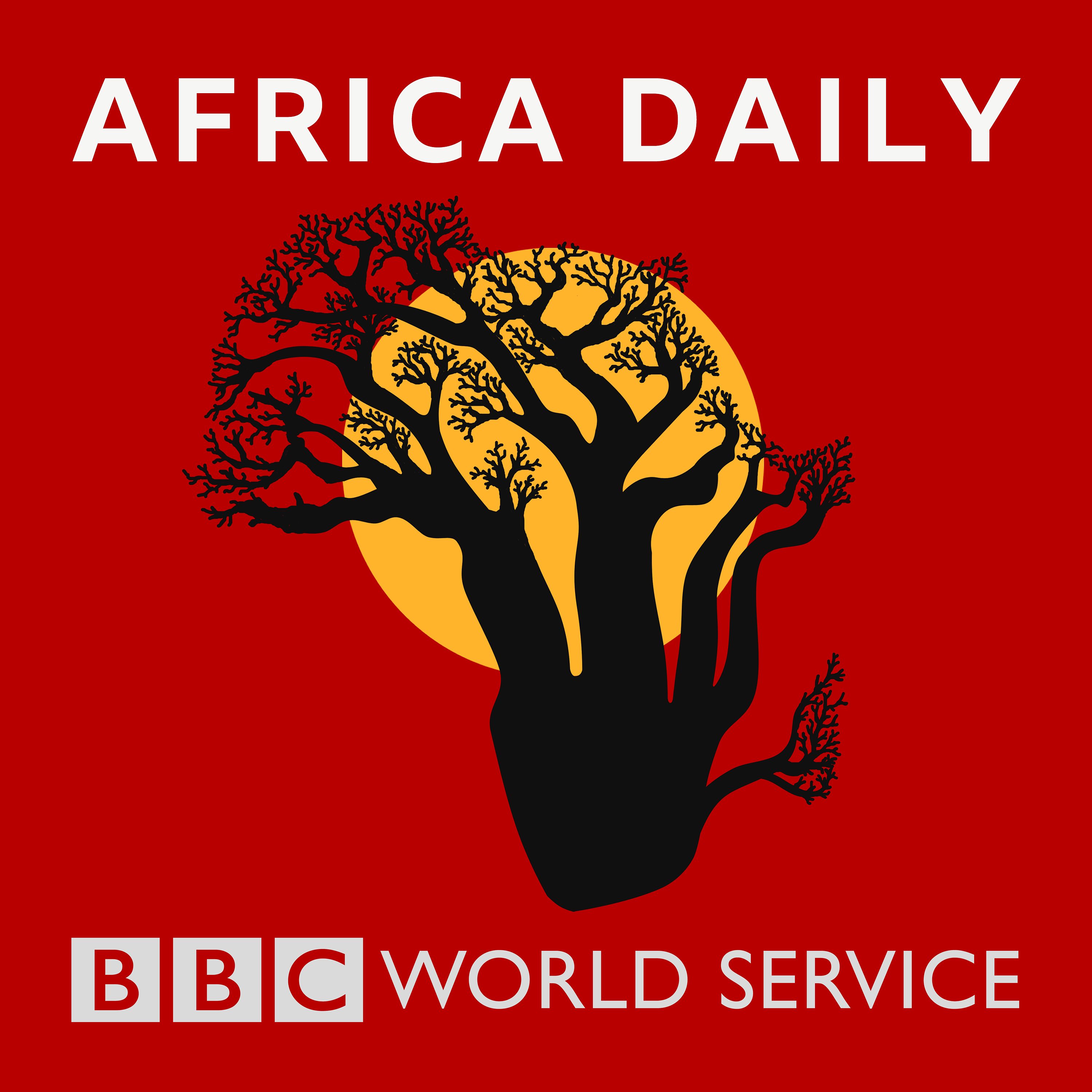Thirty years later, have black and white South Africans forgiven each other?
Description
“If I have my money, I have my assets, I have my farms, my houses, my cars, I have everything I need, I don’t need to be friendly with any white person” – Sandile Swana, former freedom fighter.
In 1948, the National Party came into power in South Africa and introduced apartheid, a system that segregated society along racial lines. Black people were not allowed to share toilets, beaches, theatres and other public facilities with their white counterparts.
In the decades that followed, the black majority rose up against the system and engaged in various political campaigns. Many activists - including Nelson Mandela, Robert Sobukwe, Walter Sisulu and Ahmed Kathrada - were incarcerated, while others fled to neighbouring countries. But after years of pressure on the National Party government, which included sanctions and international sports boycotts, apartheid collapsed. On the 27th of April 1994, the nation voted in its first democratic election.
So 30 years since independence, our presenter Mpho Lakaje sits down with two people who were on either side of the political divide: former freedom fighter Sandie Swana and apartheid-era policeman Lourens Groenewald.
So have black and white South Africans truly forgiven each other since those ugly days?
More Episodes
Today, we're shining a light on a topic that keeps many African nations in the dark – the struggle for stable electricity supply.
Africa has the lowest access to electricity in the world. Roughly half a billion people lack access to a stable power supply, including two of the continent's...
Published 05/06/24
Regular attacks by men on motorbikes wielding AK-47 rifles have become a common occurrence in Plateau State in central Nigeria.
People in the state are still reeling from the trauma of Christmas Eve attacks just over four months ago, when gunmen attacked 25 villages killing over 150 people.
Over...
Published 05/03/24
Published 05/03/24


